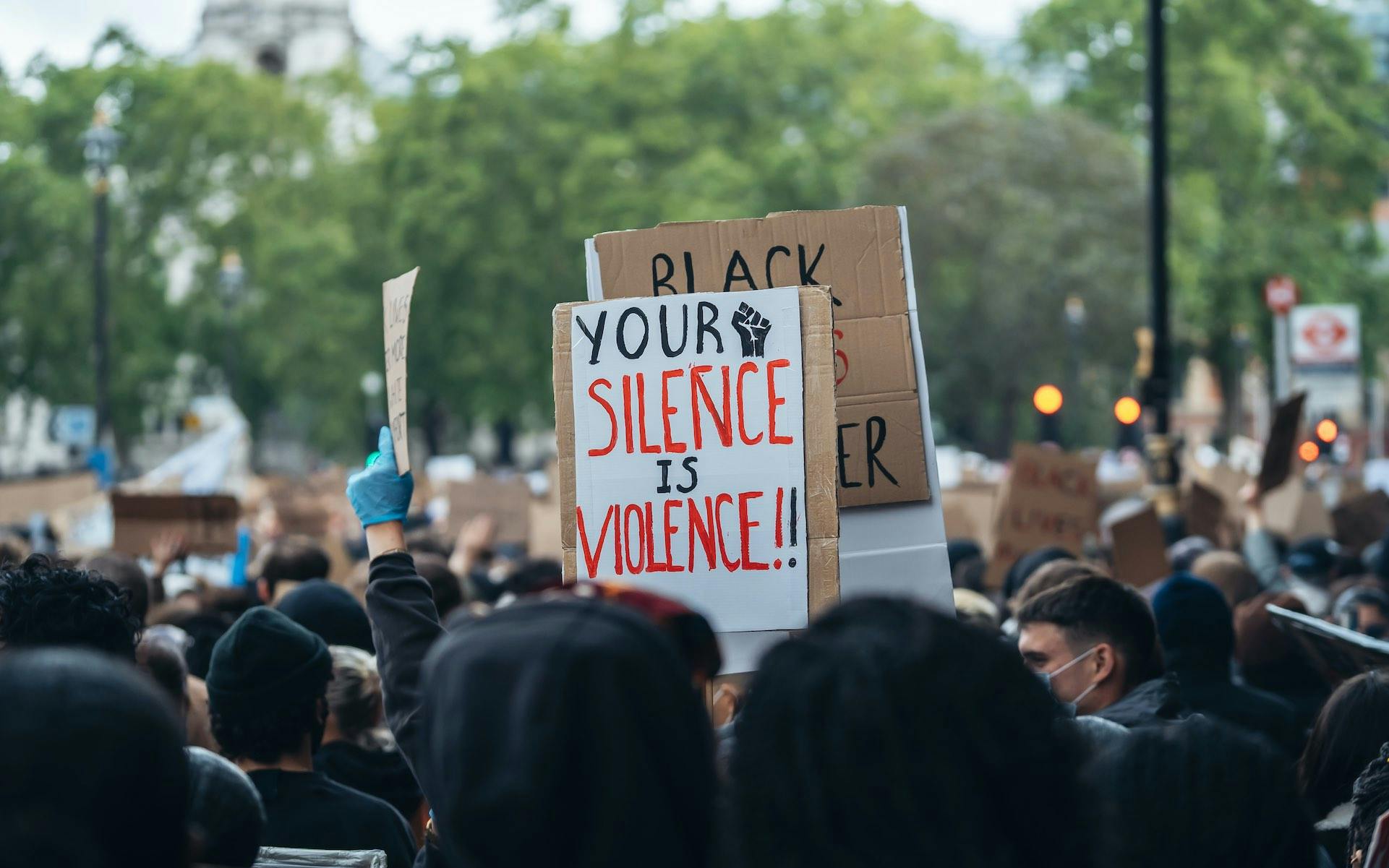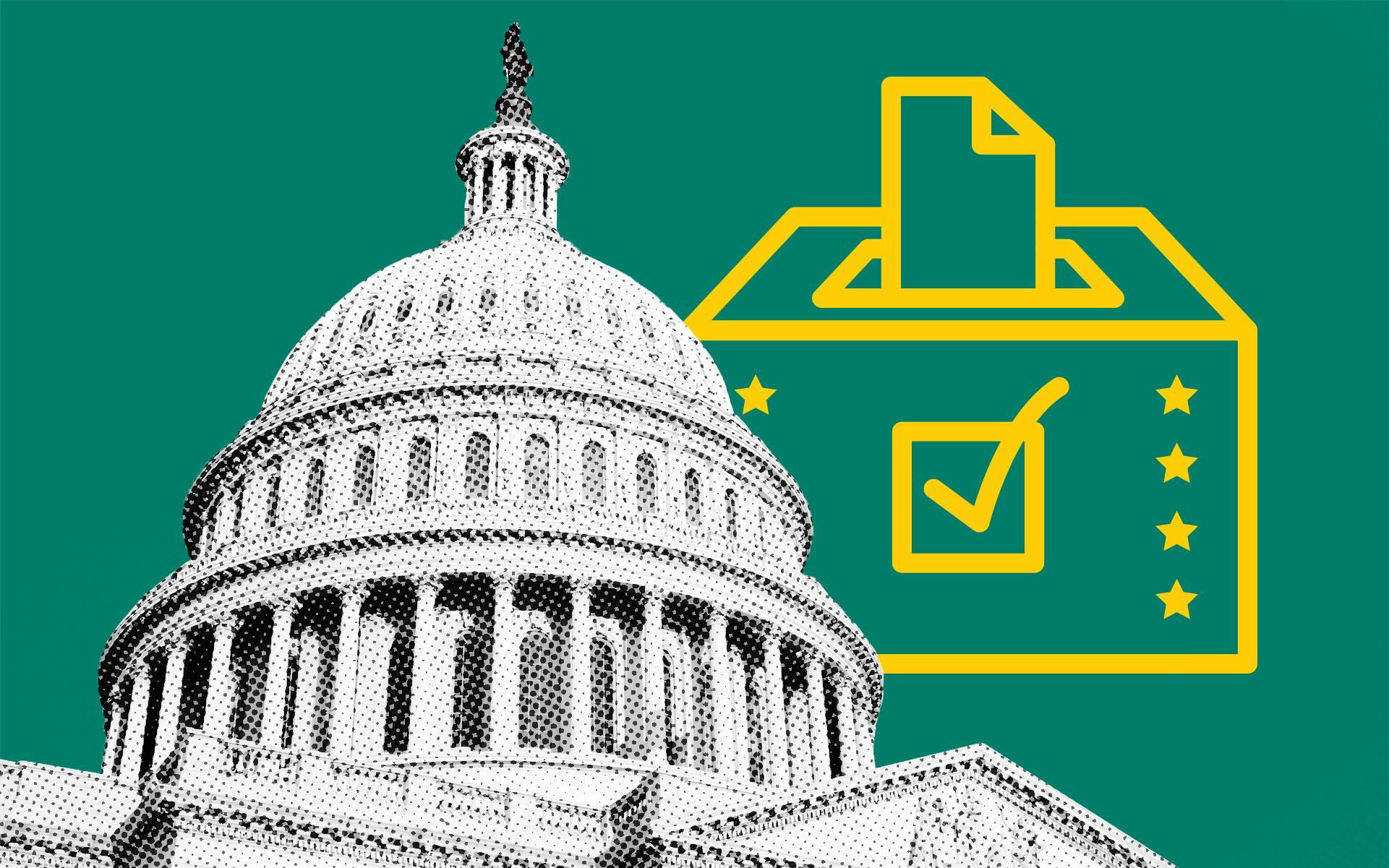Is marijuana legal in New York?
Current legality status
recreational
Cannabis is legal under state law for adults 21+.
Recreational marijuana is legal in New York to adults 21 and over.
Adults can possess three ounces of marijuana (84 grams) and 24 grams of concentrates, and store up to five ounces of flower at home (and up to 5 pounds of homegrown). Retail stores opened in 2023.
As of June 13, 2024, homegrowing cannabis is legal. Adults age 21 and up may grow up to 6 plants each, with a household maximum of 12 plants. You can have up to 5 pounds of trimmed cannabis in or on the grounds of the private residence. You can transport up to 3 ounces of cannabis and 24 grams of concentrate within the state.
Watch a short video with the homegrown details
New York state legislators passed The “Marihuana Regulation and Taxation Act” in March 2021 after struggling and failing to pass an adult-use legalization law during both the 2018-2019 and 2019-2020 sessions.
The state has partially decriminalized cannabis since 2019.
The new law sets a goal of 50% of cannabis licenses to go to equity applicants, and the state will create equity programs that include business loans, grants, and start-up incubators. Cannabis tax revenues will be reinvested into communities most harmed by the War on Drugs.
Past cannabis convictions, for offenses that are legal under the new law, will be automatically expunged.
Cannabis lounges and social consumption sites will be allowed, as well as delivery services will be allowed.
Additionally, the state’s existing medical marijuana program has expanded to include any qualifying condition, and to allow patients to purchase and consume smokable flower.
New York medical marijuana laws
New York state legislators passed the state’s first medical marijuana legalization law, S7923, in June 2014.
The law legally protected patients and caregivers and authorized the Department of Health (DOH) to license and regulate “registered organizations” to cultivate and sell medical cannabis to patients.
Patients must obtain written certification from their doctor and a registration identification card from the New York Health Department.
Physicians are required by law to document the dosage a patient should take, which determines the 60-day supply each patient may possess. The law forbids the smoking of cannabis by patients but does not explicitly ban patients from accessing cannabis in its dried flower form.
To date, the DOH has allowed licensed dispensaries to sell cannabis in a wide variety of forms—including vape cartridges, capsules, tablets, oils, oral sprays, and edibles—adding flower in 2021.
In November 2015, Gov. Cuomo signed AB 7060, an amendment to the Compassionate Care Act, which expedited access to medical cannabis to critically ill patients ahead of the full opening of registered organizations in 2016.
New York’s first medical dispensaries opened in January 2016. That same year, the DOH added chronic pain as a qualifying condition and updated the regulations to allow nurse practitioners to recommend medical cannabis, allow home delivery, and allow registered organizations to sell wholesale products to other registered organizations to prevent supply shortages.
In August 2017, the DOH began allowing the sale of an expanded range of products, including cannabis-infused lotions, patches, chewable tablets, and lozenges. That same update allowed patients to speak directly to a dispensary representative, and for caregivers to accompany patients into dispensaries.
New York qualifying conditions for medical marijuana
A qualifying condition is an illness that may benefit from medical marijuana medicine. As of 2022, New York residents diagnosed with “any condition that the practitioner believes can be treated with medical cannabis” can qualify. In the past, qualifying conditions were limited to:
- Cancer
- HIV infection or AIDS
- Amyotrophic lateral sclerosis (ALS)
- Parkinson’s disease
- Multiple sclerosis
- Spinal cord injury with spasticity
- Epilepsy
- Inflammatory bowel disease (IBD)
- Neuropathy
- Huntington’s disease
- Substance use disorder
- Post-traumatic stress disorder (PTSD)
- Chronic pain (as defined by 10 NYCRR §1004.2(a)(8)(xi)): Pain that degrades health and functional capability as an alternative to opioid use or substance use disorder.
- Note: A severe, debilitating or life-threatening condition must also be accompanied by one or more of the following associated or complicating conditions: cachexia or wasting syndrome, severe or chronic pain, severe nausea, seizures, or severe or persistent muscle spasms, PTSD or opioid use disorder.
How to get a medical marijuana card in New York
The New York Department of Health issues medical marijuana cards. The steps for applying for registration and a card in New York are as follows:
- Find a healthcare practitioner approved to recommend medical cannabis. Only healthcare practitioners registered with the state for cannabis work may issue a cannabis recommendation. The New York Department of Health maintains a list of those practitioners here.
- Register and pay online. Once your practitioner has certified your condition, you must login to https://my.ny.gov/. Patients who do not have an NY.gov account will need to click the “Don’t have an Account?” button to create a personal NY.gov ID first. For step-by-steps instructions on how to create a My.NY.gov account, click here for instructions. Click the “Health Applications” icon, and then click the “Medical Marijuana Data Management System” link to register. For step-by-step instructions on how to register as a patient or caregiver, select the “HELP” link within the Medical Marijuana Data Management System or click here for instructions. There is a $50 application fee, although the Department of Health is currently waiving the $50 fee for all patients and their designated caregivers.
- Register a caregiver if needed. Patients may designate up to two caregivers during the registration process. After the patient’s registration is processed, the designated caregiver(s) must then register with the Department using the same online system described above.
- The state will issue a registry card. Once a patient or caregiver’s registration is approved, the Department will issue a temporary registry identification card through the My.NY.gov account which may be used in conjunction with a government-issued photo identification to purchase approved medical marijuana products while the patient/caregiver awaits his/her registry identification card (ID card) in the mail. Registrations expire when the certification that was issued by the practitioner expires. Patients and caregivers must re-register each time a new certification number is issued.
- Visit a licensed medical marijuana dispensary. State-licensed dispensaries near you can be seen on Leafly’s Finder. Each patient must bring their registry ID card and certification to a dispensary to purchase approved medical marijuana products. Designated caregivers obtaining medical marijuana on behalf of patients must bring their caregiver registry identification cards and their patient’s certification to the dispensing facility.
Does New York accept out-of-state medical cards?
No. New York does not offer reciprocity to out-of-state marijuana medical card holders.
When does my New York medical marijuana card expire?
Registrations expire when the certification that was issued by the practitioner expires.
Got your medical card? Find a dispensary in New York
As of mid-2020, medical cannabis was available at 38 state-licensed dispensaries, with two more in the pipeline.
New York marijuana growing laws
As of June 13, home cultivation is now permitted in New York. The March 2021 law required the state to set homegrow rules for medical patients by the end of 2021, and for all adults by the end of 2022.
Adults can grow up to 6 plants each (3 mature, 3 immature), with a household maximum of 12 plants.
Start your homegrowing journey with Leafly Growing.
You can grow in a residence you own or rent. Landlords may only refuse to lease space or penalize a tenant if the landlord risks losing federal funds.
You can get seeds from commercial retailers.
Beyond growing, you can make extracts, but no flammable materials are allowed. You must take reasonable steps to ensure pot odor is not a nuisance. Also, prevent theft with anti-theft measures including blocking public view of plants.
New York marijuana public consumption laws
The use or consumption of medical marijuana in public is illegal in New York State. The statewide decriminalization law enacted in 2019 added marijuana to the definition of smoking in the state’s Public Health Law, so smoking marijuana is prohibited anywhere smoking tobacco is prohibited. 2021 adult-use legalization has softened laws around public use. The city of New York currently does not enforce cannabis smoking in public statutes.
New York cannabis DUI laws
As in the rest of the world, driving while under the influence is illegal, and New York is no different.
NORML has an excellent guide to New York state law around marijuana and DUI. The standard for arrest and conviction was established by case law in 1994:
People v. Kahn, 610 N.Y.S.2d 701 (1994) — The elements of proof are: (1) the defendant ingested a drug; (2) the drug ingested by the defendant is one proscribed New York’s Public Health Code; (3) after ingesting the drug, the defendant operated a motor vehicle; and (4) while operating, defendant’s ability to operate the motor vehicle was impaired by the ingestion of the drug.
It is implied that any driver in New York is subject to a chemical test of blood, breath, or urine, and is a crime to refuse to submit to a chemical test. Refusal to submit to a test will result in the suspension of a person’s driving privileges for at least one year, subject to the discretion of a state commissioner.
Sobriety checkpoints are legal under New York state law.
The penalties for DUI in New York are as follows:
- First offense: Fine of $500-$1,000, or up to one year in jail, or both; plus six month license revocation.
- Second offense (within 10 years): Fine of $1,000-$5,000; minimum 5 days in jail, up to 30 days in jail; plus one-year license revocation. Offender may be required to attend DUI program.
- Third and subsequent offenses (within 10 years): Fine of $2,000-$10,000, 7 days to 10 years in jail/prison, or both. Offender must install and maintain an ignition interlock device in any motor vehicle owned or operated. One-year minimum license suspension.
New York cannabis testing regulations
New York has an expansive list of contaminants that approved third-party labs must test for—including some that no other state tests for, like salmonella and E. coli.
New York officials point to the comprehensiveness of their medical marijuana program’s testing criteria in talking about the 2019 VAPI lung disease outbreak, pointing out that none of the reported illnesses were linked to state-authorized providers.
Common questions about marijuana legalization in New York
Can medical patients grow in New York?
Home cultivation is now permitted in New York.
Is New York a medical state?
Yes. Medical cannabis is legal, so is recreational cannabis.
Can you get a medical card for anxiety in New York?
Potentially, if your doctor recommends it.
Can you get a medical marijuana card with a felony?
The law doesn’t preclude felons from participating in the program.
Can you smoke medical marijuana in New York?
Yes, smokeable forms of cannabis are allowed to be sold by licensed medical marijuana dispensaries in New York.
Learn more about marijuana legalization in New York
- Americans for Safe Access New York Legal Information
- NORML New York Laws and Penalties
- New York Department of Health Medical Marijuana page
Related reads
Keep up with the latest news about legalization in New York
Stay current on New York’s changing laws by bookmarking Leafly politics and signing up for our newsletter.
Post last updated Sept. 6, 2020
By providing us with your email address, you agree to Leafly's Terms of Service and Privacy Policy.


